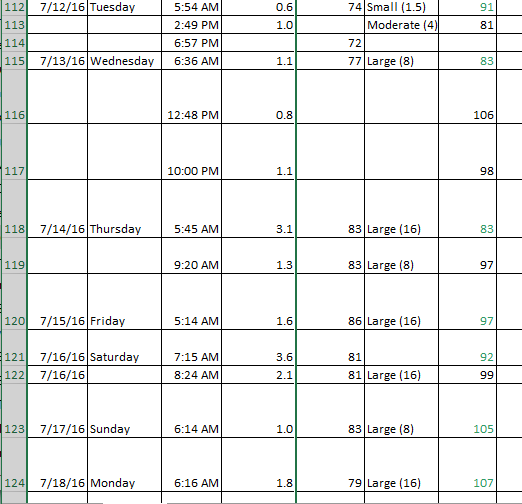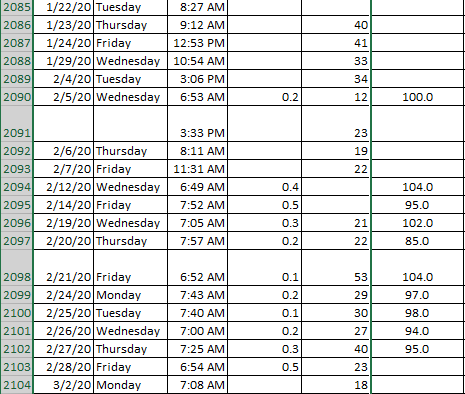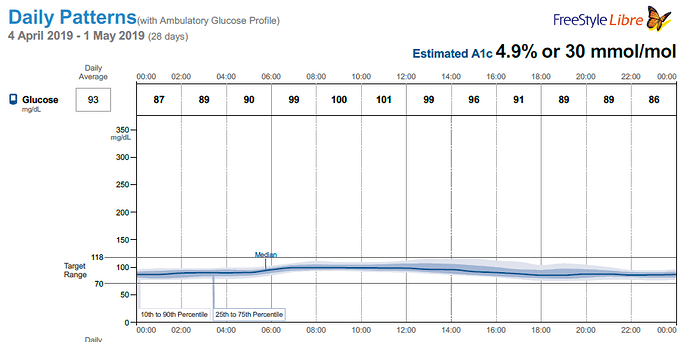Hey there fellow keto lovers:
I’m not a newbie, been keto for a year next month. I’ve lost 103 pounds, doing great. Over the last year, I’ve measured my ketones to keep me on track and to provide positive feedback. I’m 11 pounds away from my 150 goal weight, but over the last month or 2, I’ve noticed my ketones levels dropping. No carb creep or adding foods, been very strict as I have been for the last year. I used to always be 2.0 and higher and lately, I’ve been coming in around 1.0 to 1.9. Now I know that the number isn’t important as long as I’m in nutritional ketosis. I’m not stressed about it, but I was wondering if there is a reason that my ketone levels are dropping. Just curious as this is a new phase in my keto diet and I’m really not sure about it. Also, I’ll be entering into maintenance hopefully soon, do I want lower ketones in maintenance? Thanks for any thoughts, comments, or support. Blessings!




